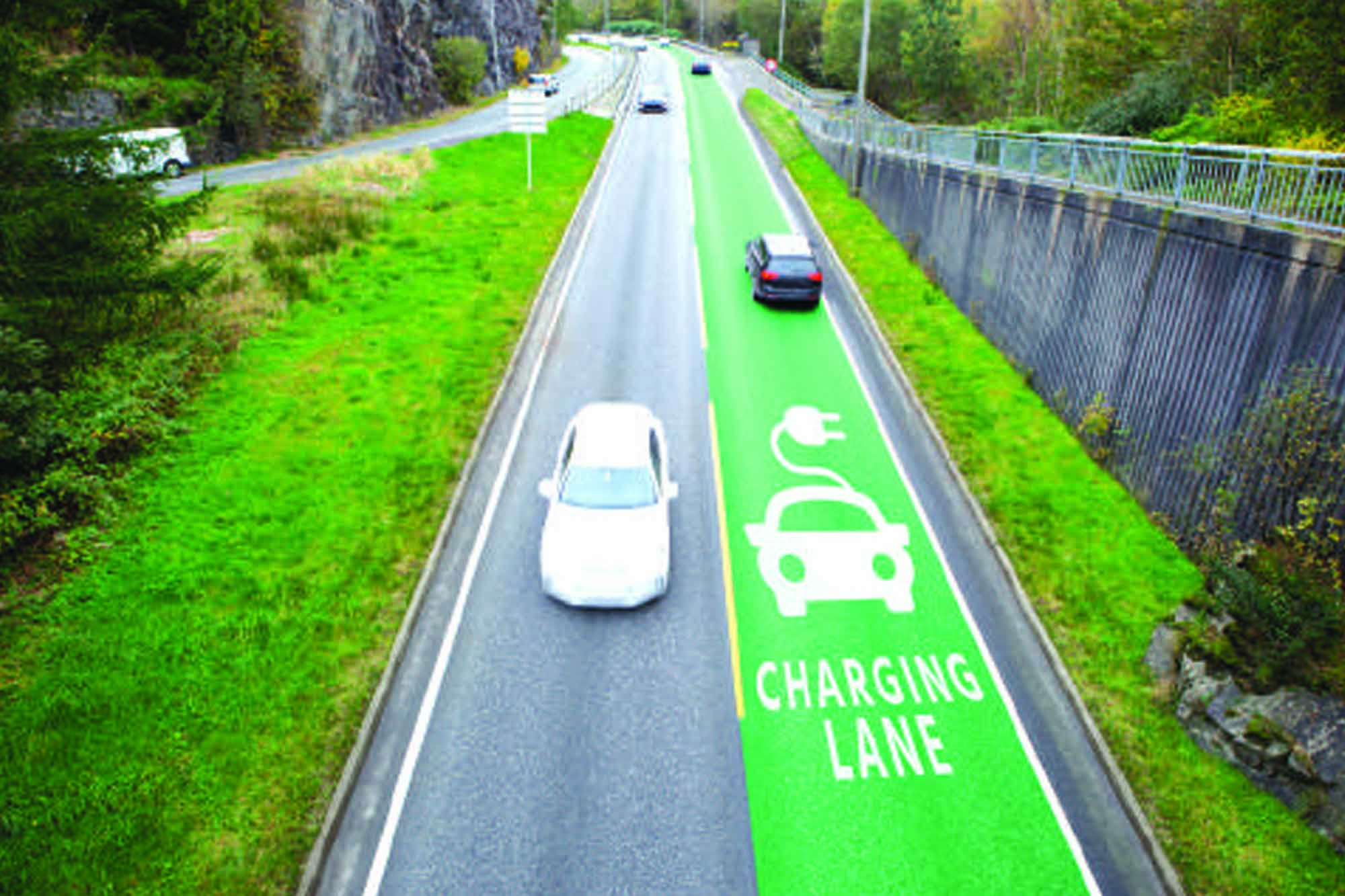Govt to build 6,000 KM of EV-ready highways on ‘Golden Quadrilateral’
By EPR Magazine Editorial March 4, 2024 4:22 pm IST
By EPR Magazine Editorial March 4, 2024 4:22 pm IST

With wireless charging, the available battery size of electric vehicles may be reduced, thereby reducing the price of EVs.
According to media reports, the Central government is planning to build 6000 km of EV-ready highway along the ‘Golden Quadrilateral’. With the initiative to electrify the Golden Quadrilateral as part of Vision 2030, the government aims to propel India towards a greener future with widespread adoption of e-mobility. Wireless EV charging is a pivotal technology in this endeavour, offering numerous benefits over traditional plug-in systems.
Wireless charging, based on resonant electromagnetic induction, eliminates the need for cumbersome cables, reducing both physical clutter and the risk of cable damage, particularly in harsh environmental conditions. This feature enhances safety and ensures greater convenience for EV owners, alleviating range anxiety and streamlining the charging process.
Moreover, wireless EV charging presents opportunities for dynamic charging along roadways, enabling continuous charging while driving at speeds up to 65 mph. Although initially costly, with estimates suggesting a price of around $3,500 for a third-generation wireless charger plus installation, the long-term benefits outweigh the initial investment. As technology matures and adoption increases, costs are expected to decrease, making wireless charging more accessible to consumers.The potential of wireless EV charging to revolutionise transportation infrastructure is evident in the initiative. These endeavours signal a paradigm shift towards a future where EVs can travel longer distances without frequent stops, significantly enhancing the appeal and practicality of electric vehicles.
Wireless EV charging represents a transformative technology with the capacity to accelerate the transition towards sustainable transportation. By offering enhanced convenience, safety, and efficiency, wireless charging systems have the potential to reshape the automotive industry and pave the way for a cleaner, more sustainable future.
We use cookies to personalize your experience. By continuing to visit this website you agree to our Terms & Conditions, Privacy Policy and Cookie Policy.